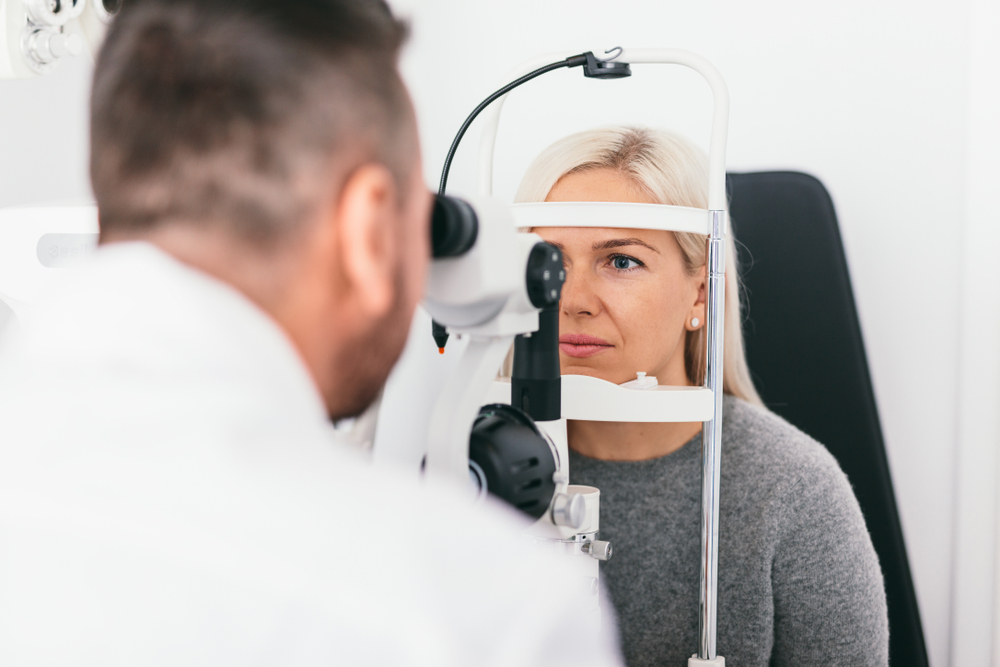
Glaucoma is a collective term for eye conditions that progressively damage the optic nerve. A healthy optic nerve means you have good vision. Glaucoma damages the optic nerve by increasing the pressure in the eye. For people over the age of 60, it is a leading cause of blindness.
Glaucoma is more frequent in older adults, but you can get it at any age. More often, glaucoma does not have warning signs. These slowly and gradually appear, making it difficult to notice the changes. Unfortunately, this ends up with people becoming aware of the condition when it is already at an advanced stage.
Causes
Glaucoma results from pressure buildup in the eye or ocular hypertension. When left untreated, it can usher in vision loss due to damage to the optic nerve. Excess aqueous fluid can cause ocular hypertension.
It can also result from a blocked ocular drainage channel or slow fluid drainage. There are also specific drugs that can cause ocular hypertension. This condition can develop later in life and can also be genetic.
Different Types of Glaucoma
Here are the four types of glaucoma:
Primary Angle Open Glaucoma
A blocked drainage channel causes primary angle open glaucoma. This channel is tasked to carry waste and excess fluid out of the eye. Primary angle open glaucoma develops as debris collects in the drainage channel with time.
Primary Angle Closure Glaucoma
Like primary angle open glaucoma, this type results from a blockage of the channel. In the case of primary angle open glaucoma, the blockage occurs in the channel; for this one, it occurs at the entrance. This causes ocular hypertension to develop faster. It is rarer than primary angle open glaucoma.
Developmental Glaucoma
This type affects small children and growing babies and results from errors in the growth of the ocular drainage channel. These errors cause obstruction and the buildup of ocular hypertension. It is a rare condition correctable by surgery.
Secondary Glaucoma
Injury or a drug leads to the development of this type of glaucoma. It can develop as either primary angle open glaucoma or primary angle-closure glaucoma. It can also affect one eye or both eyes.
Treatment
Glaucoma treatment aims to reverse and correct glaucoma symptoms. The symptoms include blurry vision, pressure buildup in the eye, or distorted vision. Although it develops very slowly, it can allow you to notice sizable disturbances in your overall vision within a short time. This would allow for an accurate diagnosis and plan of treatment to save your vision.
Types of Treatments
Most people with glaucoma only need medicated eye drops or surgery to deal with the issue.
- Prostaglandins – Eyedrops that help fluid drainage from the eye.
- Beta-blockers – Eyedrops that decrease the production of aqueous fluid.
- Carbonic Anhydrase Inhibitors – Eyedrops or pills that reduce the production of aqueous fluid.
- Laser or Surgery Treatment – When glaucoma develops quickly, surgery might be the best option for the patient.
For more on glaucoma, call Eye Center of Virginia at (757) 919-3500 to reach our office in Williamsburg, Virginia.













